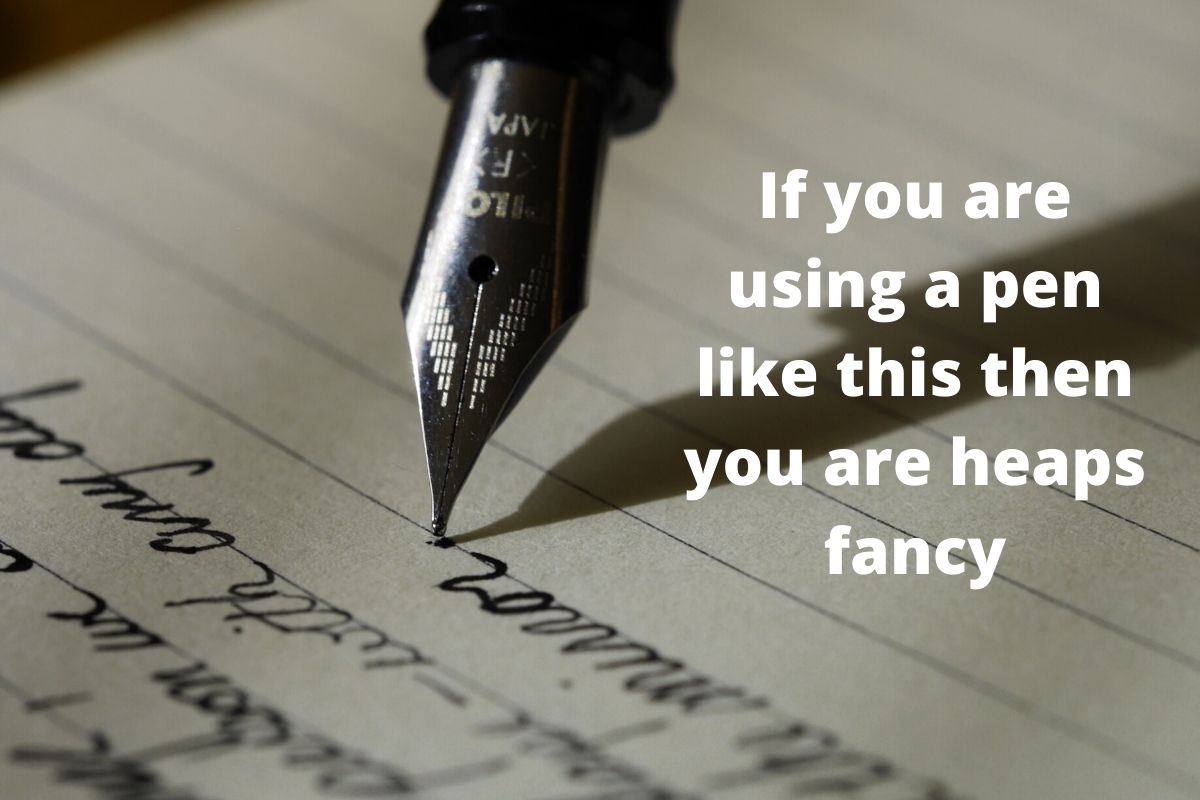
I’ll be blogging my way through the Coronavirus period, with a focus on the psychological impacts and how to keep yourself and the people you care about safe and mentally healthy.
Look after yourself peeps..
Dr Gareth Furber
I’ve written previously on this blog about the emotional and psychological benefits of writing.
I certainly know that since starting this blog and spending more of my life writing about wellbeing, my own wellbeing has improved.
I think of writing as a play space for the mind. You can put characters or ideas or concepts or memories or places, almost anything, on paper and then play around with how to organise those elements.
Recently I’ve found myself playing with metaphors and analogies to help process the strange collection of emotions that go with being in lockdown, uncertainty, less social contact, being very busy.
For example, I spent a couple of days using a ‘living on a comet’ metaphor to wrap my head around the seeming contradiction between having no free will, but also the ability to make decisions. I won’t try to explain further (to be honest I barely understand it myself).
Last night I found myself contemplating why it seems we have to work fairly hard to establish good habits and practices, whereas it seems really easy for bad habits to establish themselves.
So I wrote the following.
It plays on the idea that perhaps emotions are controlling us, other than the way around.
Keep in mind, that such writing is about playing with ideas, not necessarily accuracy or precision.
My invitation to you is to similarly explore whether some creative writing or journalling might be an effective avenue for you to process the strangeness of the times we live in.
Emotions
So we think of emotions as something that exist within us.
Even so we don’t seem to have much control over them.
It often seems like they control us.
What if that really is the case?
What if emotions use us to shape the world in their own image?
What if they are conscious entities in themselves, whose only way to influence the physical world is to operate through us.
Fear and anger want us to create a world based on power and violence. A world where selfish interests trump all else. Where strength reigns and vulnerability is punished.
Joy and love want us to create a world of cooperation, connection and fairness. A world where everyone has a chance. A world where the riches of existence are distributed fairly.
Based on my observations, joy and love are more powerful than fear and anger. When joy and love wield us, things of great beauty are created.
But I’ve noticed that fear and anger wield us far more effectively as agents of change. Fear and anger flow through us more readily. They transfix us easily. They act effortlessly through us.
Thus we have to make ourselves inhospitable hosts for fear and anger.
This means making ourselves ready for joy and love to take control. We have to prepare ourselves as vessels for them to take over. We have to work hard to resist fear and anger so that joy and love have a chance to take the reigns.
So your battle is not to create joy and love, they are there already. But we have to make ourselves suitable vehicles for them to control.
That means actions everyday to invite them in (e.g. expressions of gratitude), and actions everyday to drive fear and anger out (e.g. self-compassion versus self-criticism).
Unless you take deliberate action to become a physical and mental space in which joy and love can reside, fear and anger will move in.

